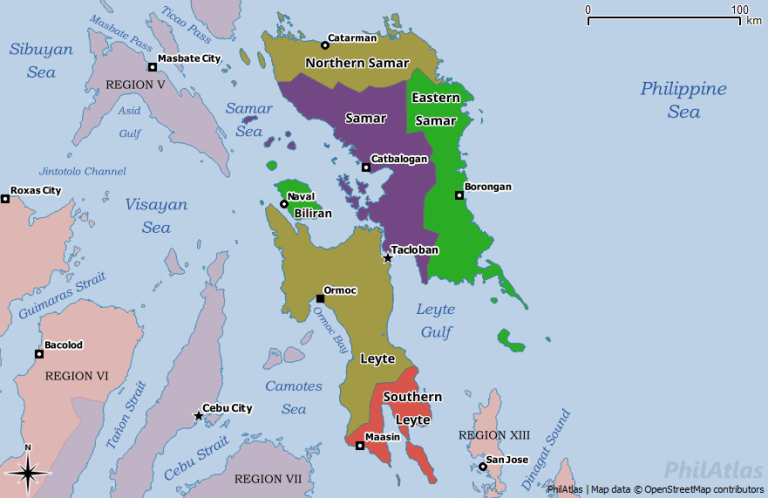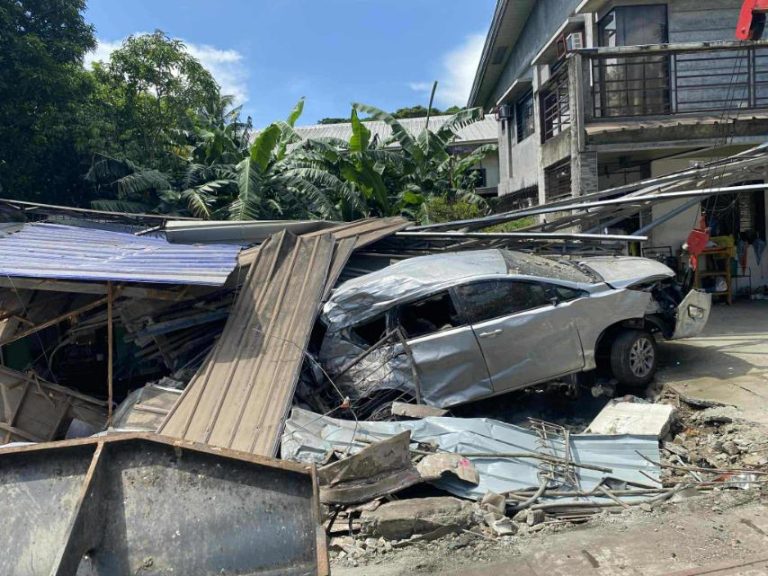
THE Commission on Higher Education (CHED), the Professional Regulation Commission (PRC), and the Technical Education and Skills Development Authority (TESDA) today signed a crucial Joint Memorandum Circular (JMC) that addresses the persistent regulatory inconsistencies and policy gridlocks in professional courses that EDCOM 2 has identified. The agreement creates a Tripartite Council, which will review, revise, streamline, and harmonize the policies, standards, guidelines (PSGs), training regulations (TRs), curriculum, and licensure assessment standards proposed by CHED, TESDA, and PRC to eliminate inconsistencies, resolve policy gridlocks, foster strategic alignment across education sectors, and develop a comprehensive regulatory framework.
Addressing inconsistent policies, directives
For too long, the oversight of professional training and education has been hampered by conflicting laws and inconsistent policies implemented by the three agencies. This lack of alignment—regarding curriculum content, faculty qualifications, program duration, and other licensure examination standards—has created confusion for students, professionals, and educational institutions, and has deterred the necessary reforms to ensure the relevance of tertiary education programs.
Students often find that the curriculum they studied in college (governed by CHED) does not match the requirements of the professional licensure exam (governed by PRC), or that their technical training (governed by TESDA) is either not seamlessly recognized when pursuing higher qualifications or is assessed by the PRC.
In the Philippines, inconsistencies among the technical and professional standards have created barriers to seamless education and career progression. For instance, graduates of TESDA’s Health Care Services NC II program often struggle to transition into CHED-regulated nursing degree programs, as their competencies are not fully credited despite the significant overlap in foundational skills.
Similarly, individuals who complete TESDA’s Automotive Servicing NC II program find it difficult to pursue a Bachelor of Science in Mechanical Engineering, as there is limited recognition of their prior learning and technical expertise. In the hospitality sector, graduates of TESDA’s Cookery NC II or Bread and Pastry Production NC II also face challenges in obtaining equivalent credit in CHED’s BS in Hospitality Management programs, and their training is not acknowledged by PRC in relation to licensing or professional advancement.
These types of regulatory disconnects hinder workers from fully utilizing their skills and experiences to advance their careers thereby preventing the country from efficiently developing a workforce aligned with national development priorities and global competitiveness. The JMC aims to harmonize and rationalize technical and professional standards, creating clearer pathways and recognition mechanisms for learners and workers across the education and labor sector.
The JMC establishes clear functional roles and a new coordination mechanism to resolve these longstanding issues. A permanent Tripartite Council is constituted, co-chaired by the heads of CHED, PRC, and TESDA, along with relevant Professional Regulatory Boards (PRBs) and Discipline and Sector Skills Councils (DSSCs). This Council is mandated to review, revise, streamline, and harmonize all curricula, licensure standards, and Training Regulations (TRs).
Clear lines of authority for agencies
The JMC also sets clear lines of authority to prevent unilateral policy changes and unnecessary overlap in authority. CHED holds the final authority over curriculum design, program duration, and program audits (Certificates of Program Compliance/Government Recognition) when conflicting recommendations arise regarding professional education. Meanwhile, PRC and its Professional Regulatory Boards retain final authority to prescribe the Tables of Specifications (TOS) for licensure examination subjects and professional practice standards. PRC must, however, coordinate closely with CHED to align policies and ensure curriculum-related mandates require CHED’s prior consultation and concurrence. Finally, TESDA retains final authority to resolve conflicts pertaining to technical-vocational education, including Training Regulations and certification.
The Agencies have set clear targets for operationalizing the JMC. The Tripartite Council is set to convene within thirty (30) days, while a cross-mapping of existing policies is set within ninety (90) days from the publication of the JMC.
This Joint Memorandum Circular brings CHED, PRC, and TESDA to one table, one page, one direction. It aligns what we train, what we teach, and what we test, so that what TESDA trains, CHED teaches, and PRC tests are inter-connected”, TESDA Director General Francisco “Kiko” Benitez said.
“That means, in the next few years, a TESDA-trained plumber who earns his National Certificate can ladder up to a CHED diploma, a degree, and eventually, if he wants, get recognized by the PRC as a professional”, he continued.
CHED Chairperson Dr. Shirley Agrupis emphasized the significance of this milestone: “The Joint Circular we are signing among us education agencies symbolizes our shared commitment to create a seamless education and professional system that truly works for every Filipino learner” she said. “When we talk about harmonizing education and professional qualifications, we are, in truth, talking about the lives and futures of our peopleWe are talking about students who aspire to become licensed professionals, about industries in need of skilled workers, and about the country’s readiness to compete in a rapidly changing global economy”.
While the JMC provides immediate administrative relief and policy guidance, the involved agencies recognize that the complexity of the regulatory landscape ultimately requires legislative action. The JMC specifically notes that the Agencies will advocate for legislation geared towards resolving the impediments that currently hamper the full operationalization of this harmonization effort.
EDCOM 2 Commissioners have also filed House Bill 4700, by Co-Chair Rep. Jude Acidre, and Senate Bill 236, by former Co-Chair Sen. Francis “Chiz” Escudero, to address these issues long-term. This proposed law seeks to overhaul the outdated mandates and overlapping functions in the education and regulatory sectors to fully institutionalize a truly integrated system, through a legislated Tripartite Council. RA 7722 authorizes CHED to prescribe minimum standards for higher education programs (curriculum, faculty qualifications, facilities needed). However, 45 professional laws governing 46 boards and college programs hinder or restrict CHED from updating or aligning standards with individual programs. Some of the provisions in the CHED and PRC charters also overlap with one another, with no clear mechanism as to how both agencies resolve differences, or coordinate in its operationalization.





